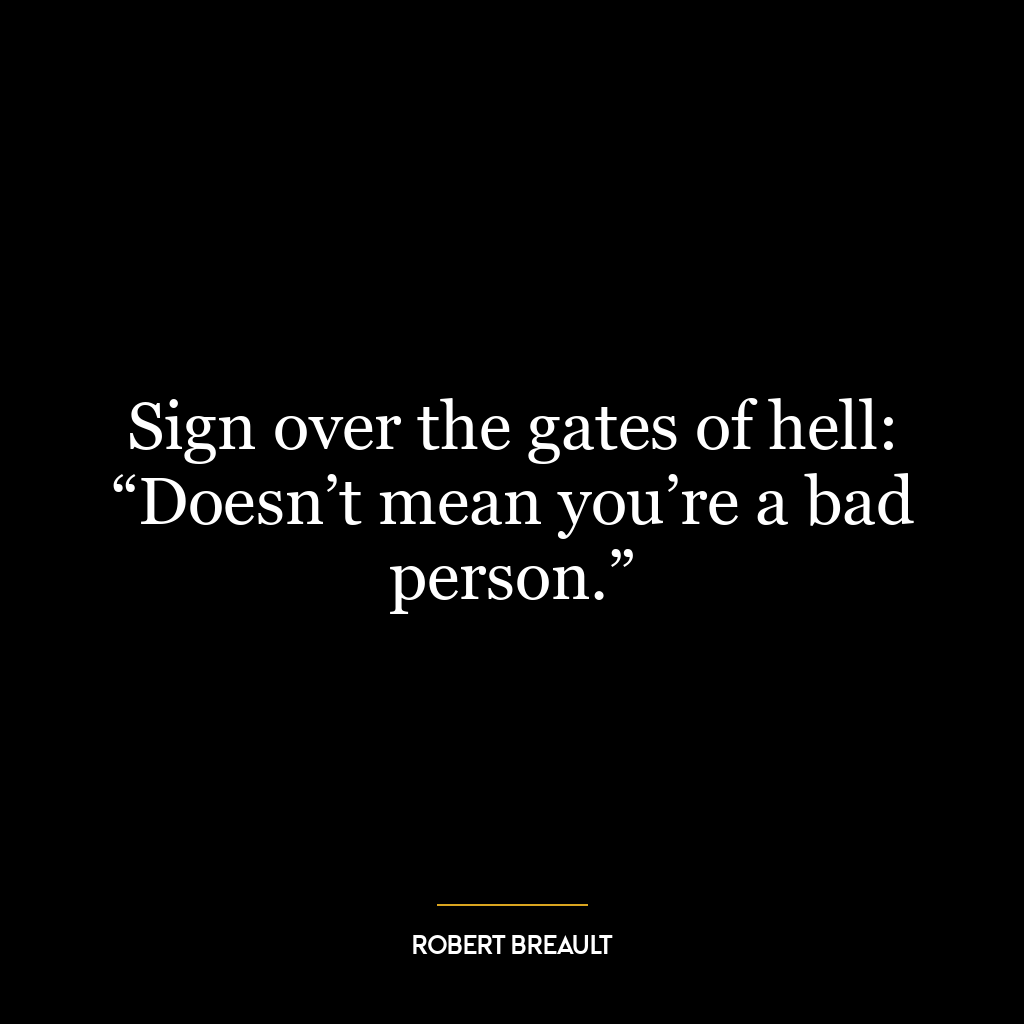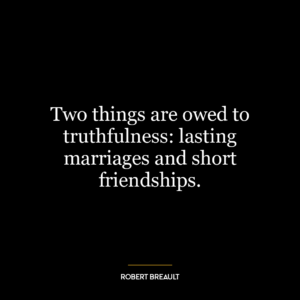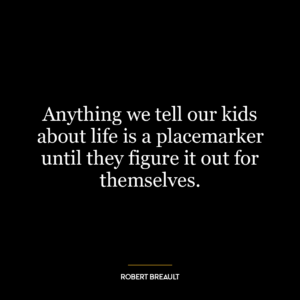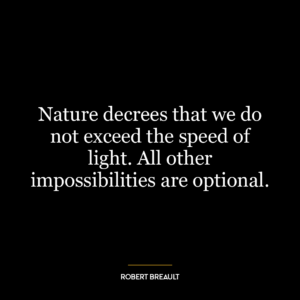Sign over the gates of hell: “Doesn’t mean you’re a bad person.”
The quote “Doesn’t mean you’re a bad person” by Robert Breault, which is metaphorically placed over the gates of hell, suggests that making mistakes or even grave errors does not inherently define someone as a ‘bad’ person. It implies that our actions do not always reflect our true nature or character.
This perspective opens up an captivating dialogue about morality and human nature. It challenges us to reconsider our quick judgments about people based on their actions without understanding their circumstances, motives, or the fact that they might have changed since then.
In today’s world, this idea can be applied in various ways. For instance, in the justice system where individuals are often branded as ‘criminals’ for life due to past mistakes. This tag not only affects their social standing but also hampers their personal growth and rehabilitation efforts.In terms of personal development, it emphasizes the importance of self-forgiveness and growth from past errors. often people hold onto guilt from past mistakes which hinders them from moving forward and growing personally. This quote encourages us to learn from these experiences rather of allowing them to define us negatively.It also serves as a reminder for empathy towards others who have made mistakes – encouraging understanding rather than immediate judgment, promoting forgiveness over resentment.
Essentially this quote is advocating for redemption – both self-redemption and redeeming others – by separating one’s actions from one’s inherent worthiness as a human being.















